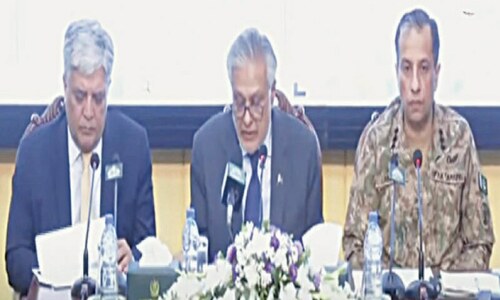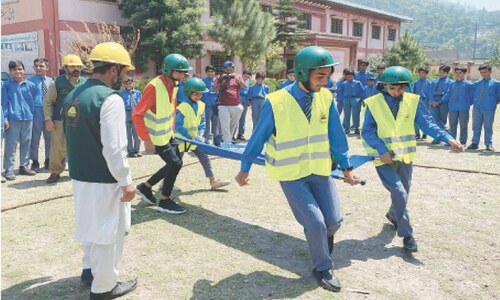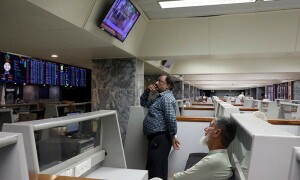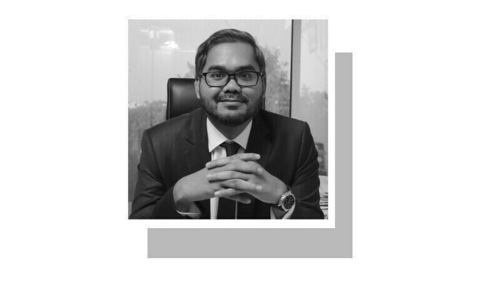KABUL: Afghan politicians met representatives of the Taliban insurgents in Qatar on Saturday with each side calling for peace even as fighting escalates and uproots thousands of people.
The two-decade-old conflict has taken a turn for the worse as US-led international forces withdraw and the Taliban launch offensives around Afghanistan, taking districts and border crossings while encircling provincial capitals.
Negotiators have been meeting in Doha since September but have failed to make substantive progress with time running out before foreign troops’ full exit by Sept 11.
“Let’s... take important steps to continue the peace process, to prevent the killing of the people,” Abdullah Abdullah, head of the government’s High Council for National Reconciliation, said at the start of new high-level talks intended to last two days.
“Because we cannot pay the price for this in blood and we cannot escape responsibility for it,” Abdullah said.
UN agency says more than 270,000 people have been displaced inside the country since January
Mullah Abdul Ghani Baradar, the Taliban’s deputy leader and negotiator, regretted lack of progress. “But there should still be hope and the Taliban will make efforts for talks to have positive result,” he said.
For the talks several high-ranking Afghan officials had gathered in a luxury hotel after morning prayers. They were joined by negotiators from the Taliban’s political office in Doha.
Former president Hamid Karzai had also been due to travel to Doha but remained in Kabul, according to a source. US special envoy on Afghanistan Zalmay Khalilzad was present as the two sides began to meet, a correspondent said.
“The high-level delegation is here to talk to both sides, guide them and support the (government) negotiating team in terms of speeding up the talks and have progress,” said Najia Anwari, the spokeswoman for the Afghan government negotiating team in Doha.

“We expect that it (will) speed the talks and... in a short time, both sides will reach a result and we will witness a durable and dignified peace in Afghanistan,” she said.
The two sides were meeting behind closed doors after a brief interaction with the media.
“We are ready for dialogue, for talks and negotiations, and our priority is to solve the problems through dialogue,” Taliban spokesman Muhamad Naeem told the Al Jazeera broadcaster ahead of Saturday’s talks.
“The other side must have a true and sincere will to end the problems.”
Talks between the government and the Taliban side began with recitations from the holy Quran, Naeem tweeted.
“As we pursue our greater goals, we have to go beyond the details,” Baradar said in his opening remarks.
For his part, Abdullah said: “We must denounce forcing our views upon each other and the people through un-peaceful means.”
Fighting continues
In the latest impact of the fighting in Afghanistan, around 12,000 families in northern Takhar province have had to flee their homes, local officials said.
Many gathered at a school in the provincial capital with few supplies. “We were not helped or even given a carpet. Not even a dog can live here,” Mohammad Amin, one of those who had fled, said.
In southern Kandahar province heavy fighting has taken place and the Taliban earlier this week seized Spin Boldak, an area on the border with Pakistan, though the Afghan government said on Friday it had regained control of the border crossing.
More than 2,000 people were displaced in Kandahar this month, according to the United Nations’ humanitarian agency, and Kandahar’s provincial governor on Friday evening declared a curfew in Kandahar city at night due to the fighting.
The UN refugee agency estimates 270,000 Afghans have been displaced inside the country since January, bringing the number of people forced from their homes to more than 3.5 million.
Published in Dawn, July 18th, 2021












































